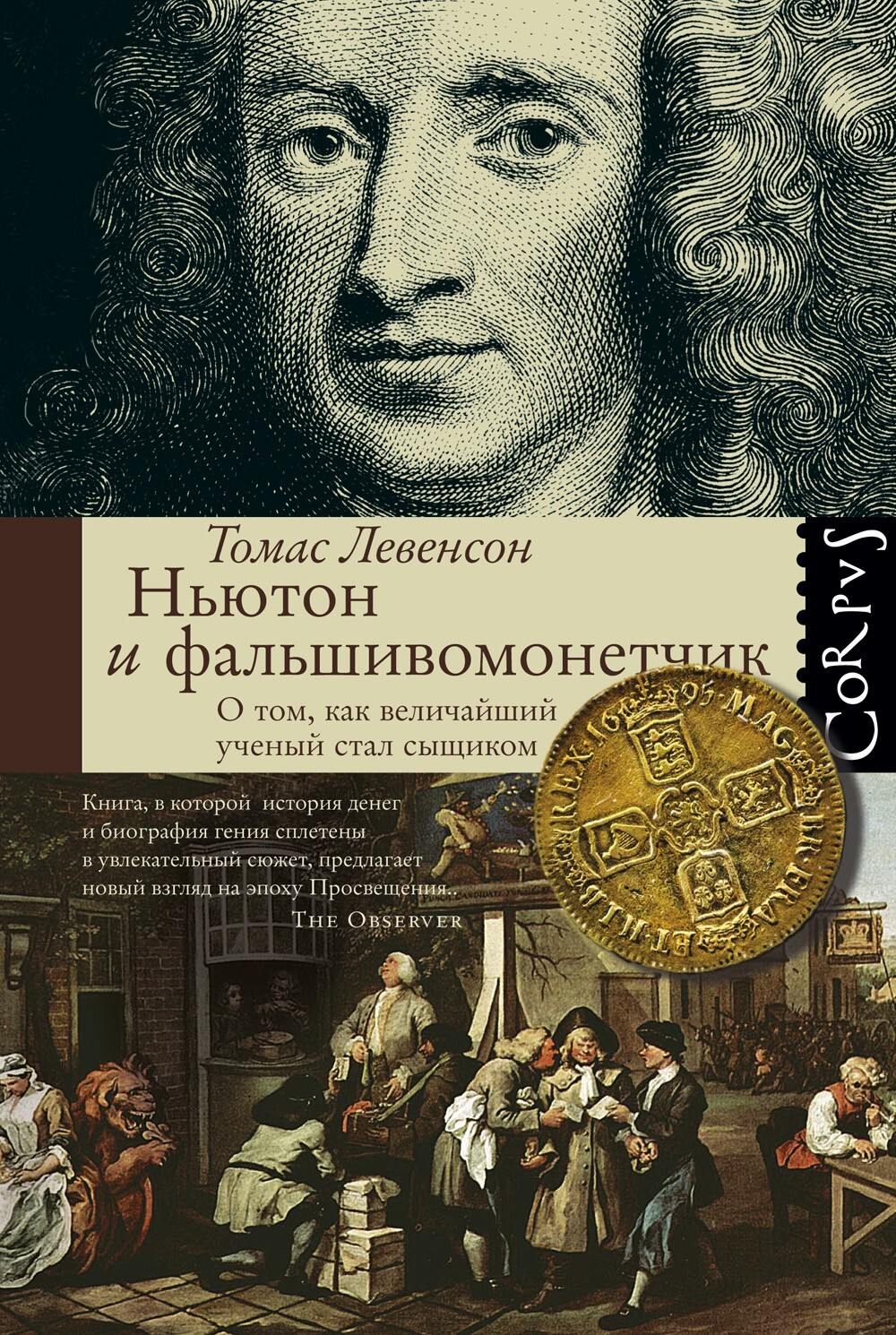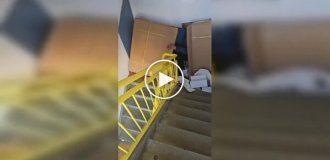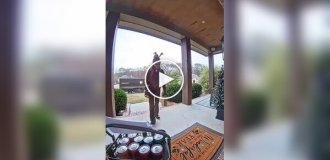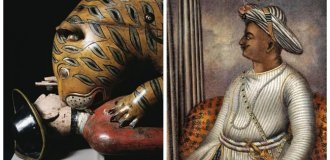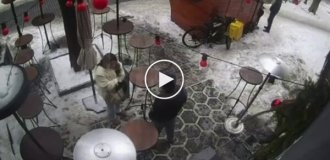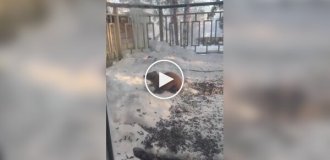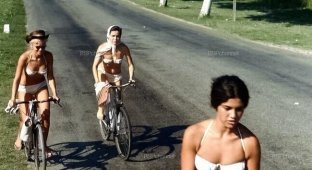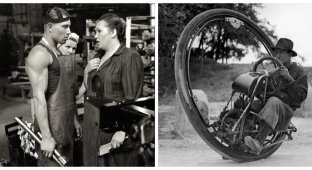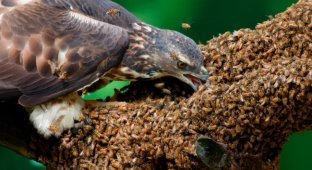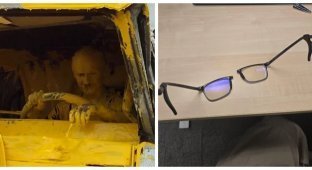Prove and neutralize: how a great scientist exposed a criminal (9 photos)
Isaac Newton was an outstanding man in every sense: mathematician, physicist, astronomer, mechanic. But if he didn't happened with science, Newton could well make a career forensic investigator. And this story is proof of that. 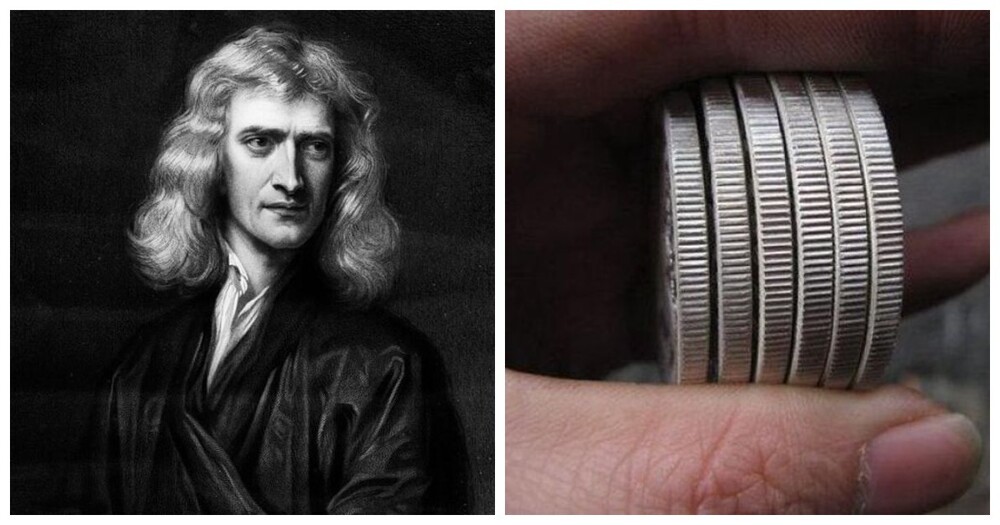
William Chaloner was born in 1650 to a family of weavers in Yorkshire. The boy was apprenticed to a blacksmith specializing in making nails. The profession is necessary, since transport was exclusively horse-drawn, and the horses had to be constantly shod. And for this requires nails.
However, by the time the training was completed, a machine tool had been invented for cutting metal, the performance of which is several times increased the results of the work of nailers. Career didn't happen. But even in being an apprentice, the guy learned to counterfeit coins quite well. However, in bear corner on this criminal craft is easier to get caught. 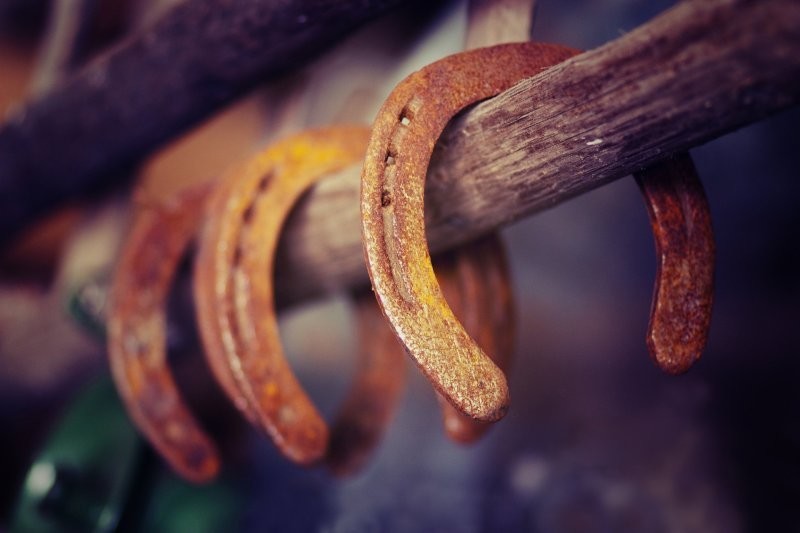
And Will decided to turn his inquisitive gaze towards London. It was just rebuilding after the fire. There were a lot of people in the capital. Hence, the chances of earning extra money are higher. 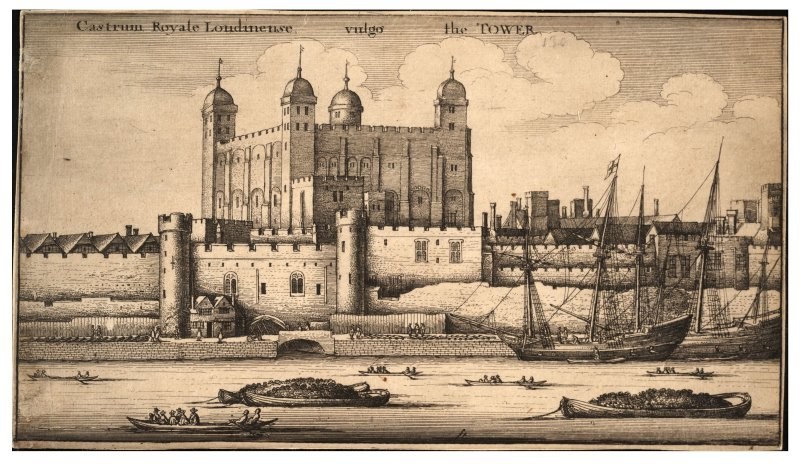
Coinage was then carried out in the Tower. Each had strictly defined weight. And the edge of the coins was made corrugated so that they would not trimmed around the edges. But there were also old-fashioned money in circulation, without corrugated edge. The quality was so-so - no exact weight, no clear drawing. Accordingly, it was easy to fake them.
The most primitive way of counterfeiters of that period is melting of coins with the subsequent minting of the same, but with much less weight. 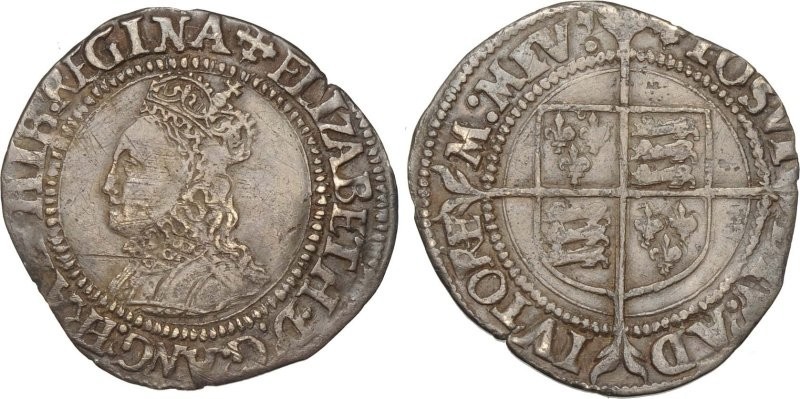
Grout old style
Chaloner got his hand pretty fast and faked not only running grouts (fourpence), but also golden guineas. Along the way, he with pleasure I tried myself in other areas of criminal persuasion: altered old clothes, passing it off as new, provided medical services, having nothing to do with medicine, even sex toys sold. In a word, he took up any non-dusty way to earn money. And easy parted with accomplices, calmly handing them over to justice, if it smelled like it was fried. 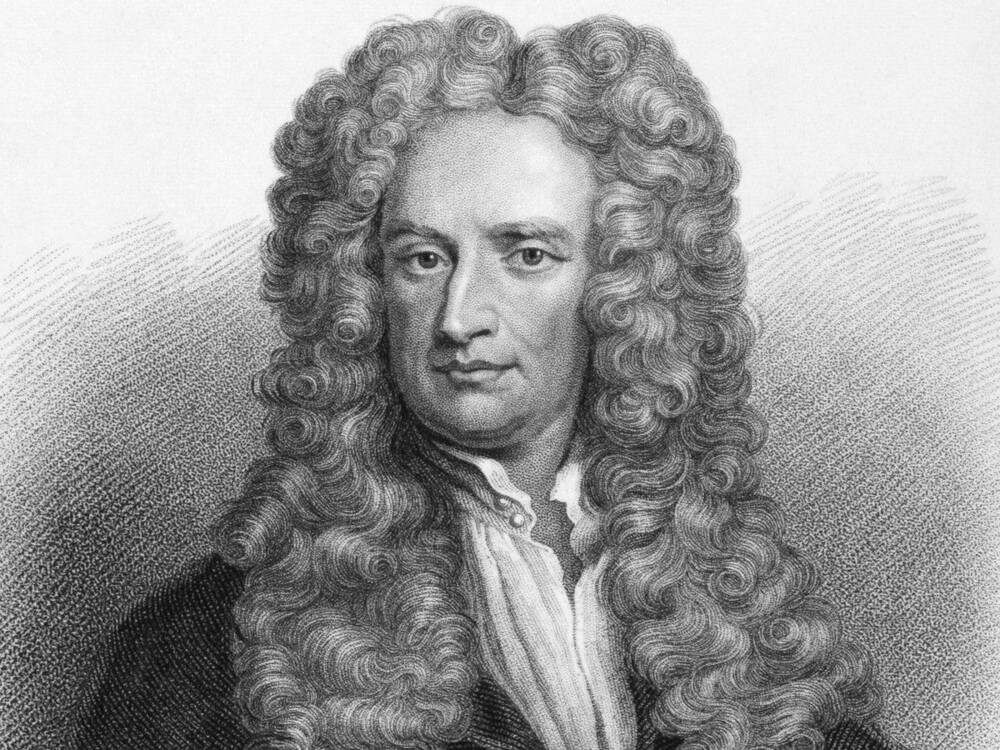
Isaac Newton
In the spring of 1696, Newton arrived in London, who was offered post of keeper at the mint. The proposal came from an old friend of Lord Montagu's who was secretary Treasury and concerned about the mismatch of the issued money supply money in circulation. Part as if through the ground failed.
Newton proposed a reform: to withdraw from circulation all silver coins and cast them again. The whole thing took three years. At the same time with this Newton was charged with the search and interrogation as the head of the department profile criminals. That is counterfeiters. 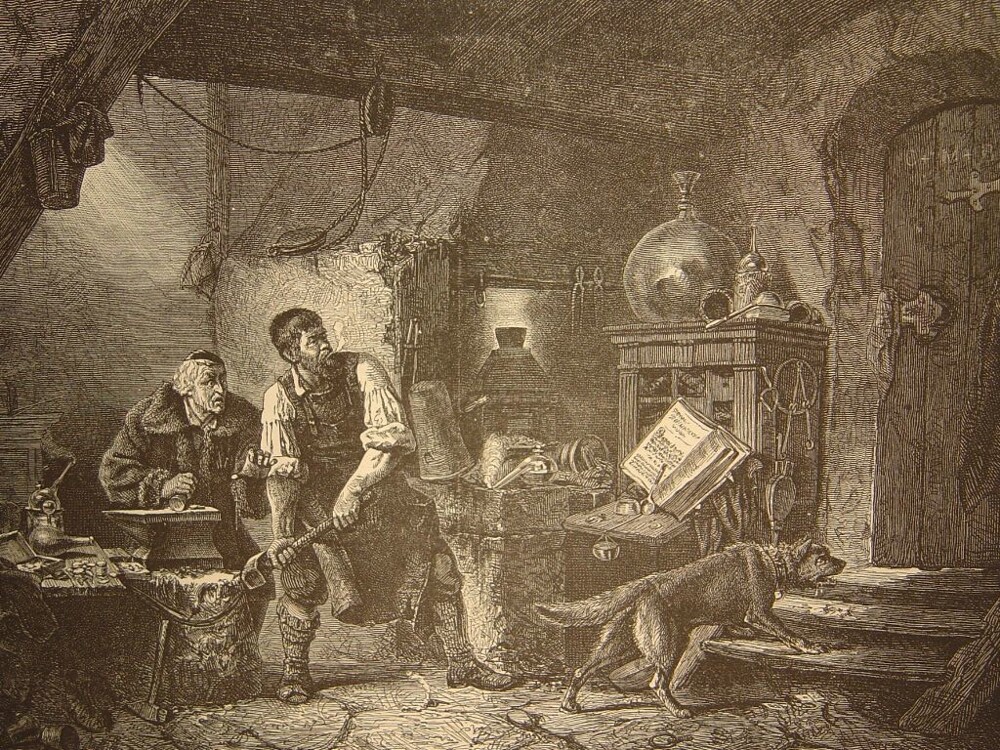
Counterfeiters at work
In total, about a hundred of them went to jail. AND Here fate brought Chaloner and Newton together. pious William asked permission to submit to Parliament a handwritten brochure containing suggestions for preventing the spread counterfeit coins. Sounds like the recommendations were good. But Newton as if he felt something and opposed cooperation with Chaloner. After all, in fact, it was the admission of a goat to the garden, that is, to the mint, where a cunning person will find a way to dodge and mint fakes from everyone in sight. 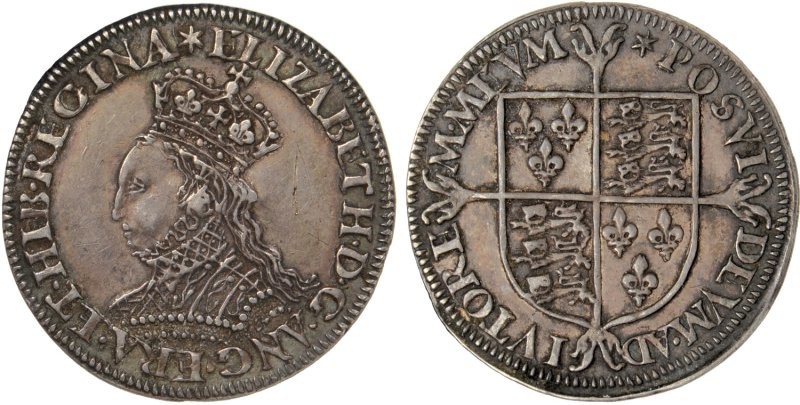
New coinage
Then William decided to go the other way and remove the stubborn path to a dream. He concocted a slander with accusations of minting coins with underweight. Say, the mint workers just make a difference steal.
Newton, being a man accustomed to think clearly, quickly understand which way the wind blows. And at his own expense he organized a whole a network of informants who followed Chaloner's every move. 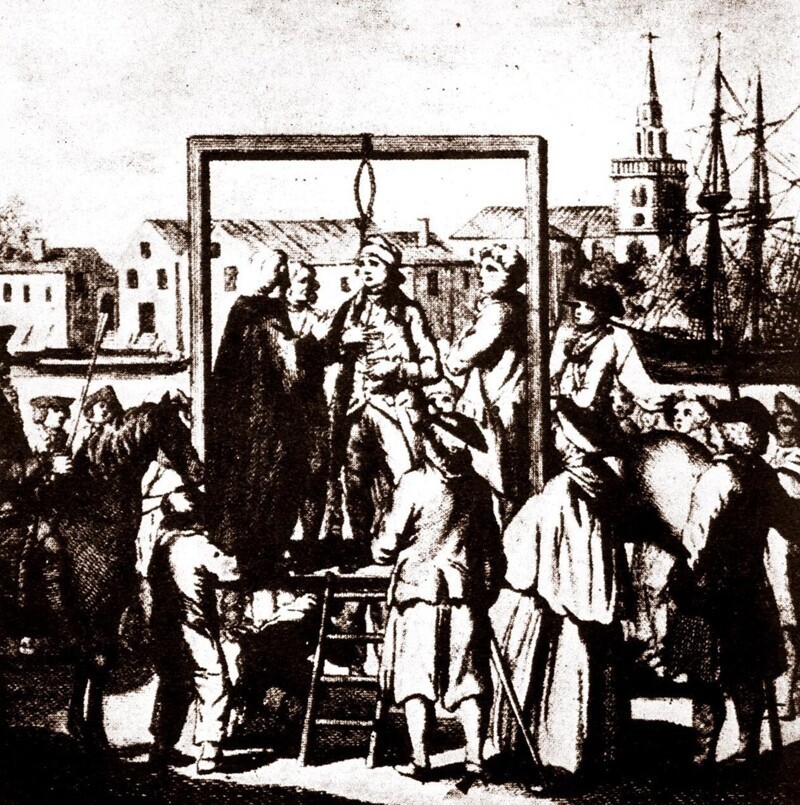
He did not waste time in vain, waiting for a decision on the complaint. AND engaged in counterfeiting banknotes. When a pawnshop client fakes of such high quality were discovered, they also found out their name distributor. For the captureChaloner announced a solid award. And soon William was behind bars. To avoid punishment, he tried look like a lunatic. But the attempt failed.
In addition, at the court, where he presided over a very tough, corrosive and meticulous judge, all the informants hired Newton. The verdict was harsh but predictable. One month after sentencing, the life of a talented counterfeiter ended on gallows. 